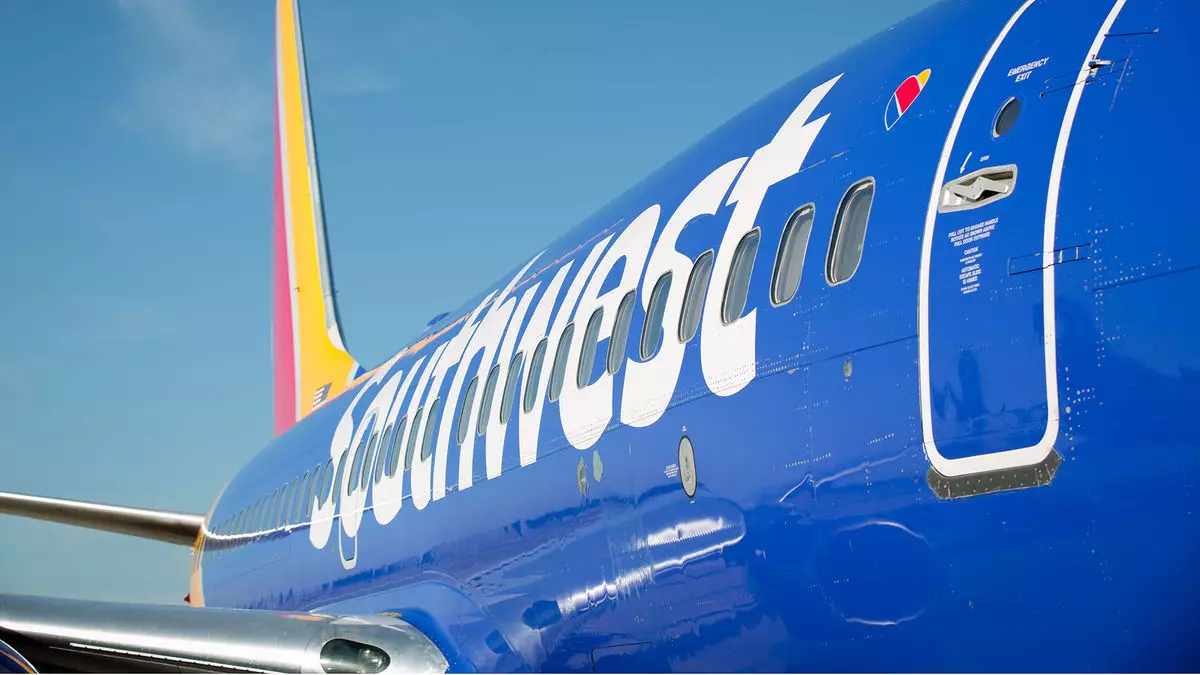Southwest Airlines has long been known for its industry-leading Customer of Size policy, allowing travelers who encroach on a second seat to pay for two seats upfront and then receive a refund for one seat after their flight. This policy not only streamlines inventory management for the airline but also ensures that passengers of size are accommodated without additional cost. However, with Southwest’s recent announcement of transitioning to reserved seating, there is growing concern among advocacy groups such as the National Association to Advance Fat Acceptance (NAAFA) about the potential impact on accessibility for plus-sized travelers.
The open-seating policy that Southwest has utilized for over 50 years has been crucial for passengers who require extra space or assistance due to mobility issues. By allowing early boarding for those in need, Southwest has made it possible for individuals to secure adequate seating without the need to navigate through cramped aisles. However, the shift to assigned seating could jeopardize this accessibility, particularly for customers of size and disabled travelers who may require specific seating arrangements near the front of the cabin for comfort and convenience.
NAAFA’s petition to Southwest urges the airline to prioritize the needs of plus-sized and disabled travelers as it develops its new seating policies. By partnering with organizations like NAAFA, Southwest has the opportunity to ensure that the voices of those most affected by these changes are heard and taken into consideration. Collaborative efforts can lead to more inclusive policies that address the unique requirements of diverse passenger demographics, ultimately enhancing the overall travel experience for all customers.
As Southwest continues to refine its assigned seating policies, it is essential for the airline to uphold its commitment to inclusivity and accessibility for all passengers. By incorporating input from advocacy groups and organizations that represent diverse traveler needs, Southwest can design a seating system that caters to the preferences and requirements of passengers of size and those with disabilities. Ultimately, prioritizing inclusivity in air travel benefits not only individual travelers but also contributes to a more equitable and welcoming aviation industry as a whole.

